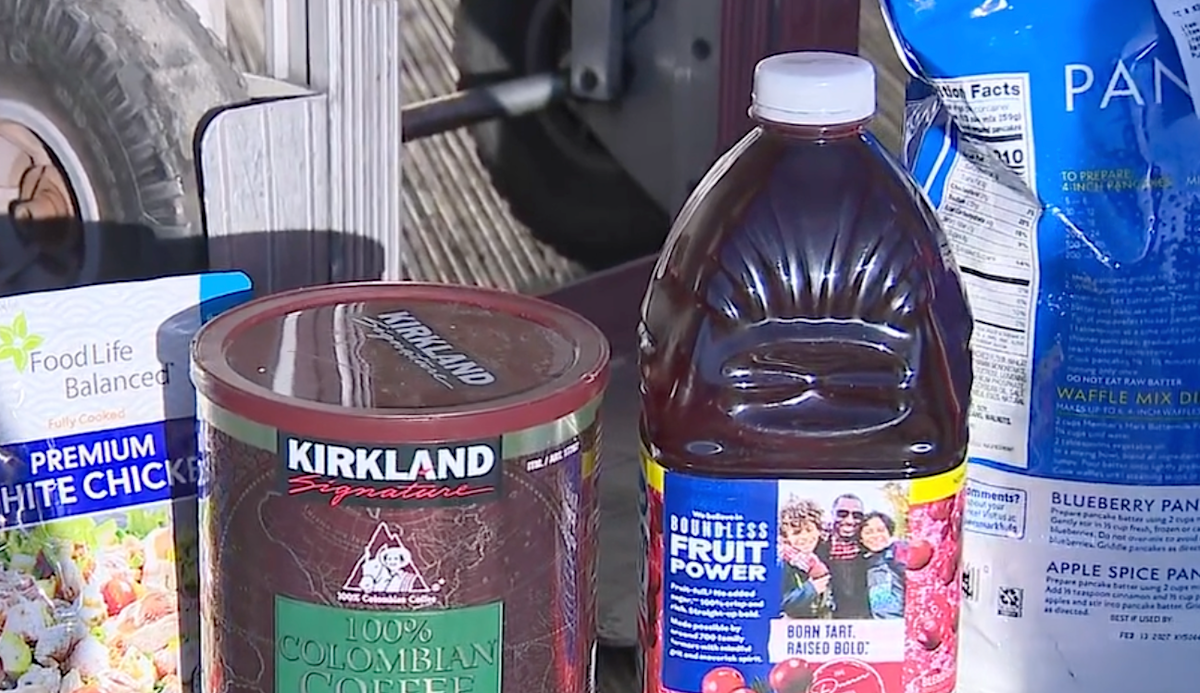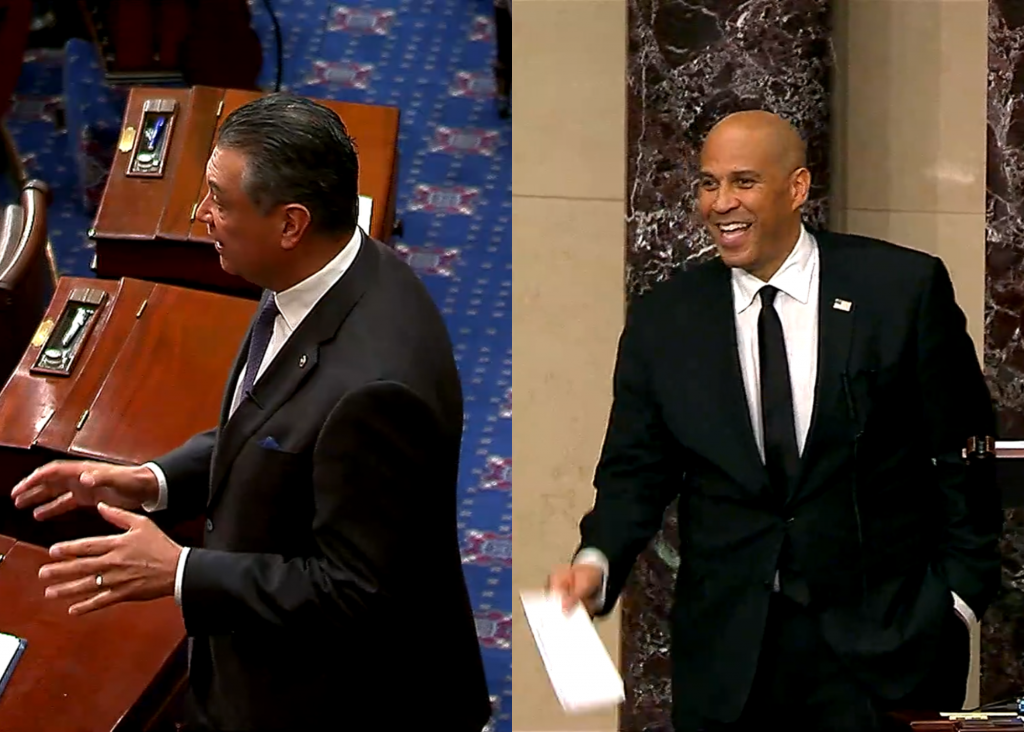Green Savings: How Cutting Food Waste Can Fatten Your Wallet and Slim Your Carbon Footprint
Environment
2025-04-30 14:22:02Content

Smart Ways to Combat Food Waste and Save Money
National 'Stop Food Waste' Day is a powerful reminder that we can make a significant difference for our planet and our wallets by being more mindful of our food consumption habits. Here are some practical and impactful strategies to reduce food waste and cut down on unnecessary spending:
Plan Your Meals Strategically
Before grocery shopping, create a detailed meal plan and shopping list. This simple step helps you buy only what you need, preventing impulse purchases and reducing the likelihood of food spoiling before you can use it.
Master the Art of Leftovers
Transform leftover ingredients and meals into creative new dishes. Last night's roasted chicken can become today's delicious chicken salad, and vegetable scraps can be used to make nutritious homemade stock.
Understand Expiration Dates
Learn the difference between "best by," "use by," and "sell by" dates. Many foods are still perfectly safe to eat after their printed date, helping you avoid unnecessary waste.
Store Food Properly
Invest in quality food storage containers and learn proper storage techniques. Correct refrigeration and storage can significantly extend the life of your groceries.
Embrace Composting
For unavoidable food scraps, composting is an eco-friendly solution that reduces landfill waste and creates nutrient-rich soil for gardening.
By implementing these strategies, you'll not only save money but also contribute to a more sustainable future for our planet.
Revolutionizing Sustainability: Transformative Strategies for Combating Food Waste and Saving Money
In an era of increasing environmental consciousness and economic challenges, individuals are seeking innovative approaches to reduce food waste while simultaneously protecting their financial well-being. The global food system faces unprecedented pressures, with millions of tons of edible resources discarded annually, creating both environmental and economic consequences that demand immediate attention and strategic intervention.Unlock the Power of Conscious Consumption: Your Guide to Sustainable Living
Understanding the Economic and Environmental Impact of Food Waste
Modern society generates an astonishing volume of food waste that extends far beyond simple household inefficiencies. Each discarded morsel represents not just wasted nutrients, but squandered economic resources, environmental degradation, and missed opportunities for sustainable living. Comprehensive research indicates that approximately one-third of global food production never reaches human consumption, creating a complex web of economic and ecological challenges that demand sophisticated, multifaceted solutions. The environmental ramifications of food waste are profound and far-reaching. When organic materials decompose in landfills, they generate significant methane emissions, contributing substantially to greenhouse gas accumulation. Moreover, the resources invested in food production—including water, agricultural land, energy, and labor—are essentially nullified when food is unnecessarily discarded.Strategic Planning: Transforming Household Food Management
Effective food waste reduction requires a holistic approach that integrates meticulous planning, mindful purchasing, and innovative preservation techniques. Consumers can revolutionize their approach by implementing advanced meal planning strategies that optimize ingredient utilization and minimize unnecessary purchases. Technological innovations now offer unprecedented opportunities for tracking food inventory and predicting consumption patterns. Smart refrigeration systems, mobile applications, and digital meal planning tools enable individuals to make data-driven decisions about food procurement and consumption, dramatically reducing waste while maintaining nutritional diversity and culinary enjoyment.Economic Optimization through Intelligent Consumption
Beyond environmental considerations, reducing food waste represents a significant economic opportunity for households. By adopting strategic purchasing habits, implementing creative preservation methods, and reimagining leftover ingredients, consumers can potentially save hundreds of dollars annually. Sophisticated meal preparation techniques, such as batch cooking, ingredient repurposing, and strategic meal planning, allow individuals to maximize their food budget while minimizing waste. Understanding portion control, proper storage methods, and creative recipe adaptation can transform seemingly mundane kitchen practices into powerful economic and environmental strategies.Innovative Preservation and Repurposing Techniques
Modern food preservation extends far beyond traditional freezing and canning methods. Advanced dehydration techniques, vacuum sealing, and fermentation processes enable consumers to extend ingredient lifecycles dramatically. These methods not only reduce waste but also create opportunities for culinary creativity and nutritional diversity. Transforming potential waste into valuable resources requires imagination and technical knowledge. Vegetable scraps can become nutrient-rich broths, overripe fruits can be converted into delectable preserves, and seemingly exhausted ingredients can be reimagined through innovative cooking techniques.Community and Global Perspectives on Sustainable Consumption
Individual actions, when aggregated, create substantial systemic change. Community-driven initiatives, educational programs, and collaborative consumption models are emerging as powerful mechanisms for addressing food waste challenges. Local food sharing networks, community composting programs, and collaborative purchasing strategies represent innovative approaches to sustainable resource management. By fostering a collective consciousness around responsible consumption, societies can develop more resilient, efficient, and environmentally conscious food systems that benefit both individual consumers and broader ecological networks.RELATED NEWS

Hawks' Rookie Sensation: How Zaccharie Risacher Is Redefining His Role







